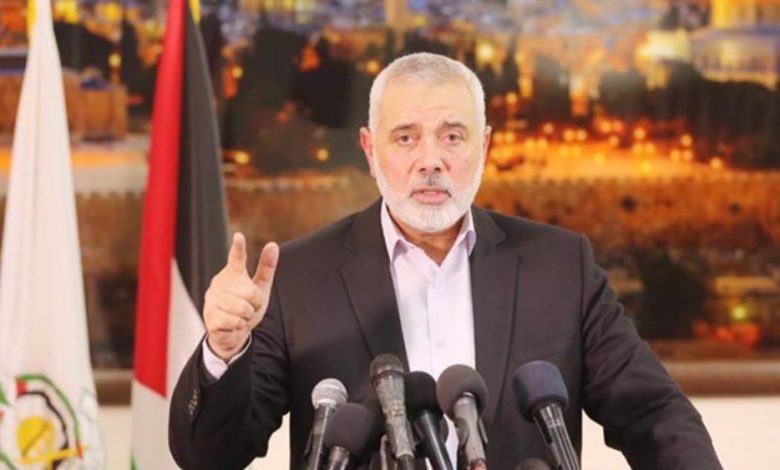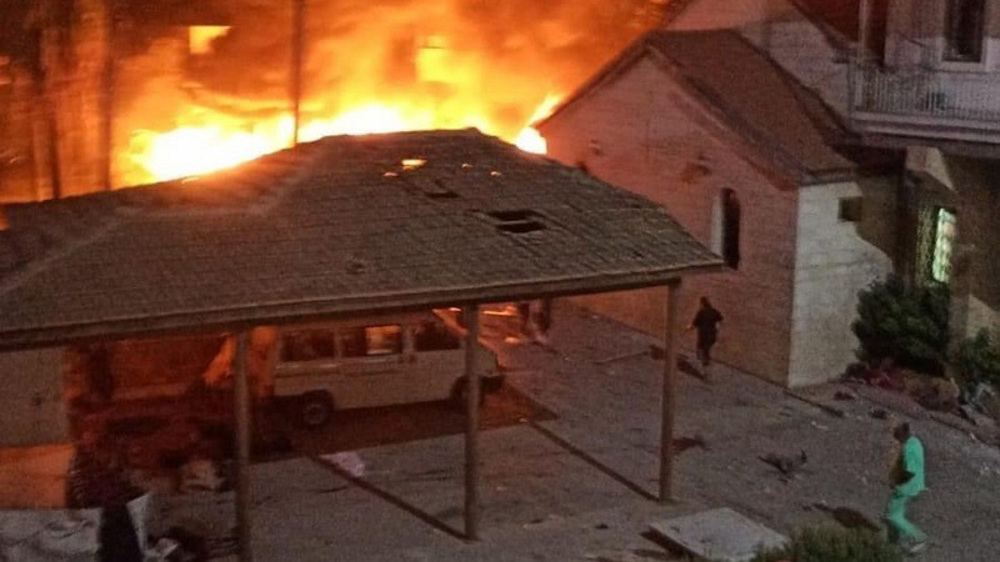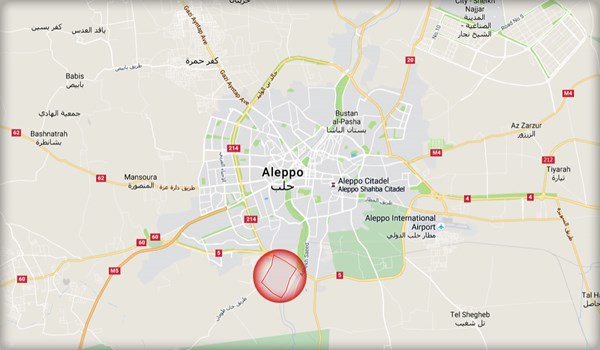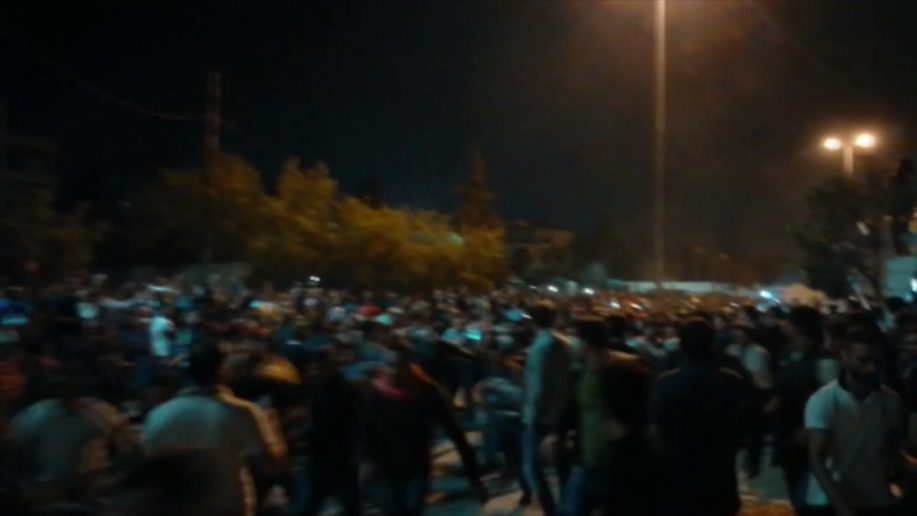Hamas chief Haniyeh says Palestinians forced ceasefire upon Israeli regime

The leader of the Hamas resistance movement says Palestinians have forced Israel into accepting the group’s terms for a ceasefire agreement, vowing resistance fighters will continue to fight to liberate their lands.
Speaking on Friday, Hamas political bureau chief Ismail Haniyeh said the resistance managed to confront the occupation, break its will, and thwart its plan to get back its captives through genocide.
“The enemy has bet on restoring the captives by means of guns, killing, and genocide. But after nearly 50 days, the enemy has bowed to the conditions of resistance and our brave people’s willpower,” Haniyeh said.
The Palestinian leader said the group is prepared to continue confronting the Israeli onslaught on the Gaza Strip after the truce.
He vowed that Hamas would not vacate its positions in Gaza and refuse any “external interference” in the way the territory will be run in the future.
In his remarks, Haniyeh said the movement is committed to the truce and swap deal as long as the regime adheres to it.
He also hailed the resilience of Palestinians in Gaza and the occupied territories and their role in confronting the Israeli aggression.
He said the great Palestinian people wrote an epic of steadfastness, and their fighters deepened the enemy’s wounds.
Haniyeh thanked Qatar and Egypt for mediating ceasefire talks and stressed the necessity of continuing international efforts to help the Palestinian people achieve their aspirations.
He said the Palestinians are fighting the battle of national liberation across a solid front in Gaza, al-Quds, and all other locations.
The Palestinian leader also hailed resistance groups in Lebanon, Iraq, and Yemen for their sacrifices and their brave attacks on Israel in support of Gaza resistance.
A four-day ceasefire between Israel and Hamas came into effect on Friday morning, bringing to a halt the regime’s 48-day aggression and enabling an exchange of captives between the two sides.
Under the deal, 50 Israeli captives held in Gaza were to be exchanged with 150 Palestinians held in Israeli prisons.
The pause triggered a mass movement of thousands of Gazans who had sought refuge in schools and hospitals from relentless Israeli bombardment.






